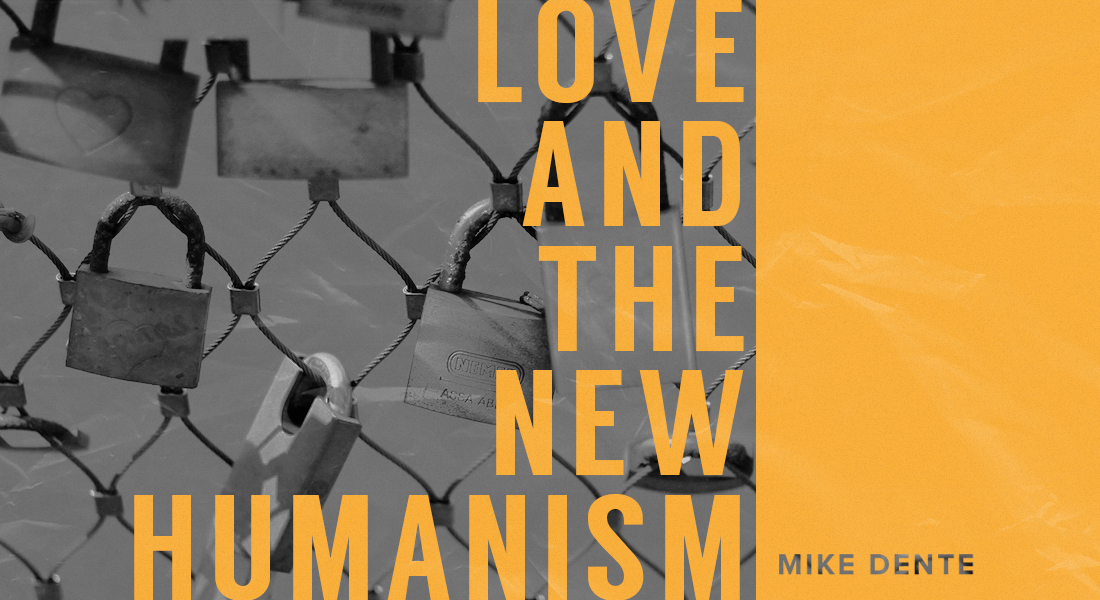
There is a bridge in Paris that joins the Louvre on the right bank of the Seine River with the Academy of Les Beaux Arts on the left. It’s a walking bridge with wooden planks as flooring, a few scattered benches and a handrail to lean on and admire the cityscape painted before your eyes. It’s known as the “pont des arts” but it used to be called by locals as the “pont des amoureux” or the lovers’ bridge. Couples would bring a padlock, pop the question or renew their vows, then kiss and click the lock shut on the fence as they toss the key into the river. My wife and I even attached a lock ourselves on our 20th wedding anniversary.
Through the years, this unofficial public display of love provoked structural damage to the bridge, and the City of Paris had to intervene. This was no easy job because love cannot be legislated as several renegade padlocks can be seen scattered on other Parisian bridges, resulting in several awkward solutions proposed with mixed results. Love has its way of triumphing.
Love is, in fact, a powerful force as it says in the NLT version of Proverbs 30:18-19, “There are three things that amaze me— no, four things that I don’t understand: how an eagle glides through the sky, how a snake slithers on a rock, how a ship navigates the ocean, how a man loves a woman.” It only seems ironic that a city like Paris, known for romantic love, has found itself in a struggle against lovers.
But what do we mean when we speak of love?
Over the course of time, love has taken on new meanings. When speaking about physical attraction, sexual desire or passionate longing, the word is instantly employed. From kids teasing their older sibling on her first date, to the anguished musician lamenting his broken relationships or even the scriptwriter preparing the next episode of a soon to be aired series—a vision of love is cast that we can recognize when we see it. For our world today, the intelligentsia doesn’t necessarily define love. Those who seem to be defining love are the ones Francis Schaffer said have now dominated philosophy in his book Escape from Reason:
“The interesting thing today is that as existentialism and, in a different way, ‘defining philosophy’ have become anti-philosophies, the real philosophic expressions have tended to pass over to those who do not occupy the chairs of philosophy—the novelist, the film producer, the jazz musician, the hippies and even the teenage gangs in their violence. These are the people who are asking and struggling with the big questions in our day.”1
Various philosophers still reflect on love today, even if they aren’t always the voice we hear on the street, especially in France. One such writer who caught my eye at a bookstore this summer was Luc Ferry in his book the La Revolution de l’Amour (The Revolution of Love). In it, he describes love as the lasting force that has stood the test of time throughout humanity that motivates people to embrace life decisions creating what he calls a new humanism. He says, “The reign of consumerism and capitalism has created individuals who are abused and isolated, looking for new values. In spite of it all, we are witnessing the development of a new humanism, not founded on reason but on love.”2 In the end, love or one’s perception of it, produces a new vision for life that will color concepts as old as faithfulness, integrity and purity. Or as Oprah says, it’s “your truth.”
Even though a Christian would have trouble claiming Ferry’s views as their guiding light, he does bring to the surface some interesting points in a chapter he calls “La tentation du christianisme” (“The Christian Temptation”). He reveals that one point in the new humanism that falls short, as all it does for the history of philosophy and religious culture, that chasm we call the resurrection. In Jesus alone, we find the eternal hope for love. Because death cannot destroy all that love has built in this life, because in the resurrection, we are physically reunited with our loved ones.3 In this, the New Testament believer would embrace his point of view, and yet there is more.
There is a bridge that runs from this new humanism founded in a popular notion of love, past its natural end in death to the ageless, divine love of the Gospel.
Jesus is the bridge.
He demonstrated a love that served to the point of washing His disciples’ feet. He loved until the end, even to the point of laying down His life to save us from sin and death. In fact, He loved us in His resurrection, because in rising from the dead, He gave us the chance to be united with Him in His love. Greater than a new humanism, Christ’s love has created a new humanity and hope that will one day join us with those we loved and who have passed on before us. In this, we can identify love’s greatest triumph, for the God who is love, demonstrated it by saving us.
…
1 Francis A. Schaeffer, Escape from Reason, Chapter 4, “The Leap,” IVP Classics, 2014 .
2 Luc Ferry, La révolution de l’amour, “Introduction,” Éditions Plon, 2010.
3Luc Ferry,La révolution de l’amour, “Livre III, L’échec de la philosophie la tentation dh christianisme,” Éditions Plon, 2010.






